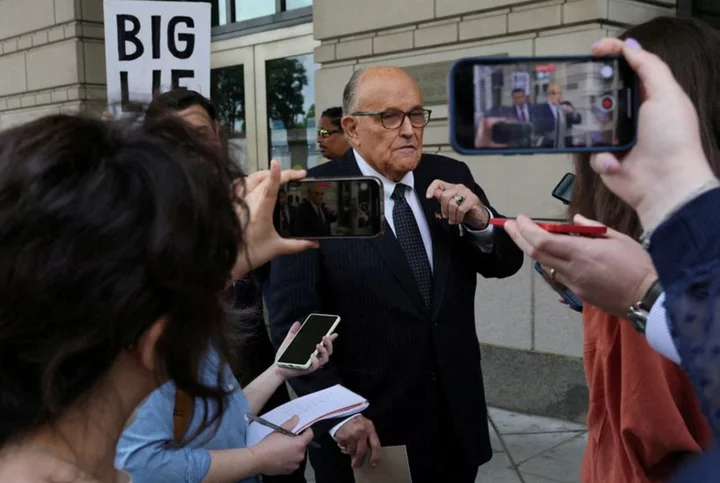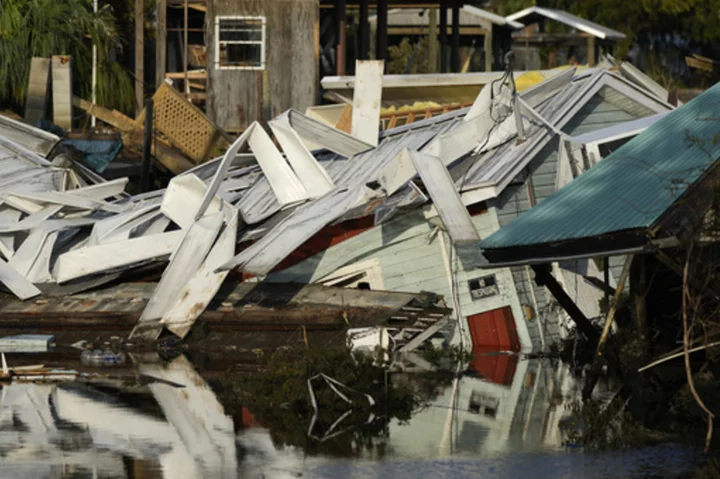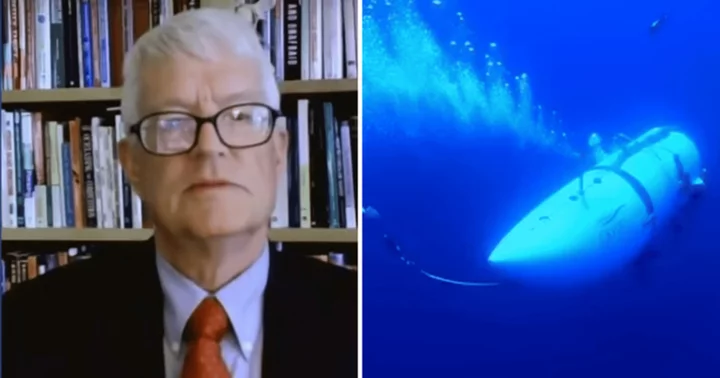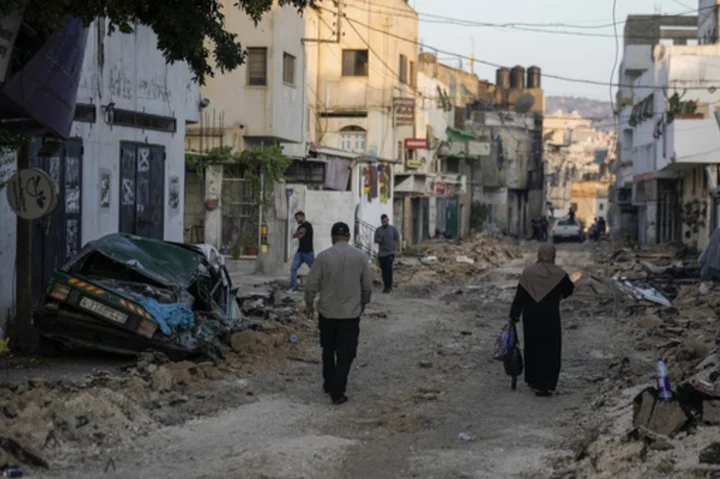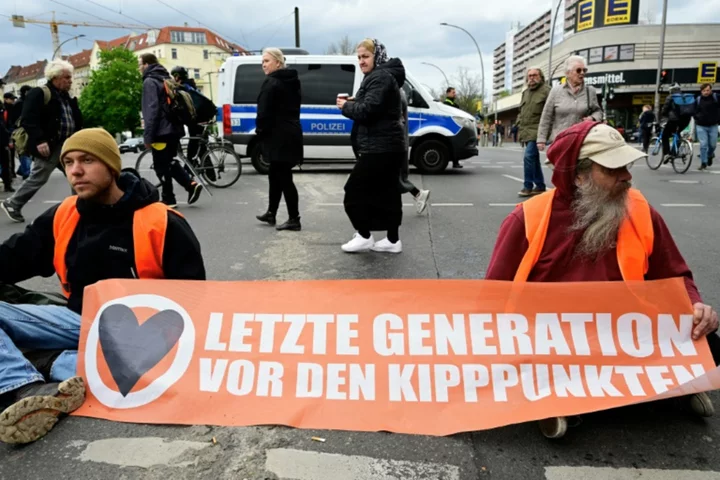Hong Kong police on Sunday detained more than 20 people, including key pro-democracy figures trying to commemorate the anniversary of the bloody Tiananmen Square crackdown, as hundreds in Taiwan mourned the dead with a vigil.
For years, tens of thousands of Hong Kongers would converge on the city's Victoria Park and its surrounding neighbourhood to commemorate the events of June 4, 1989 -- taking part in candlelight vigils.
But since Beijing's imposition of a national security law on Hong Kong in 2020 to quell dissent, the annual vigil has been banned and its organisers charged under the law.
This weekend, scores of police were deployed in the area, stopping people for searches and questioning. Some found with a candle -- regarded as a symbol of the Victoria Park vigil -- were questioned and detained.
More than 700 kilometres (430 miles) away on the self-ruled island of Taiwan, hundreds gathered at Taipei's Liberty Square to chant "fight for freedom, stand with Hong Kong" as night fell.
They lit candles in the shape of "8964" -- numerals forbidden in mainland China because it references the events of June 4, 1989.
"We need to cherish the freedom and democracy we have in Taiwan," Perry Wu, 31, told AFP.
"I feel really sad to see the news of people getting arrested today in Hong Kong."
Hong Kong police said late Sunday they had detained 23 people between the ages of 20 to 74 who were suspected of "breaching the peace".
One woman, 53, was arrested for obstructing police officers.
Among the most prominent activists AFP saw bundled into police vans was Chan Po-ying, the leader of the League of Social Democrats, one of the few remaining opposition parties.
The veteran activist, who was released hours later, held a small LED candle and two flowers before she was seized by police.
Other recognisable figures taken were Alexandra Wong, a well-known activist nicknamed "Grandma Wong" and Leo Tang, a former leader of the now-disbanded Confederation of Trade Unions.
On Saturday, Hong Kong police arrested four people for "seditious" acts and "disorderly conduct". Another four were detained on suspicion of breaching the peace.
The office of UN human rights chief Volker Turk said in a tweet late Sunday it was "alarmed by reports of detentions" in Hong Kong and called for the "release of anyone detained for exercising freedom of expression & peaceful assembly."
- 'Let the world know' -
Discussion of the Tiananmen crackdown is highly sensitive for China's communist leadership and commemoration is forbidden on the mainland.
The government sent troops and tanks to Beijing's Tiananmen Square in 1989 to break up peaceful protests, brutally crushing a weeks-long wave of demonstrations calling for political change.
Hundreds -- by some estimates, more than 1,000 -- were killed.
Hong Kong was for decades the only Chinese city with a large-scale commemoration -- a key index of the liberties and political pluralism afforded by its semi-autonomous status.
This year, Victoria Park was transformed for a "hometown carnival fair" organised by pro-Beijing groups.
- Erase memories -
Beijing has gone to exhaustive lengths to erase the 1989 event from public memory in the mainland.
All mention of the crackdown is scrubbed from China's internet.
Over the weekend, sites of more recent protests -- a bridge in Beijing where a "freedom" banner was unfurled, and Wulumuqi Street in Shanghai where demonstrations happened in November -- also saw heightened security.
Hong Kong authorities were vigilant in the weeks before June 4, with police seizing a commemorative "Pillar of Shame" statue for a security trial and removing books on the Tiananmen crackdown from public libraries.
But there were still pockets of defiance on Sunday around Hong Kong -- a shop gave away candles, while a bookstore displayed Tiananmen Square archival material.
At the US consulate in the evening, dozens of candles could be seen shimmering in the large complex's windows.
- 'Face the consequences' -
Sidestepping questions about whether public mourning was allowed, Hong Kong's leader John Lee had repeatedly maintained that the public must act according to the law or "be ready to face the consequences".
Vigils planned around the world, from Japan to Australia, saw people standing with candles next to images of the brutal crackdown.
In London, protesters staged a re-enactment featuring a blow-up tank and women dressed in white, emulating a statue to liberty set up on Tiananmen Square in 1989.
A 59-year-old poet from China's Sichuan province, told AFP at the Trafalgar Square rally that his family fled soon after brutal crackdown.
"Chinese people in my generation know what happened, but the younger ones, not really," said the man, who declined to be named for fear of Chinese reprisals.
"Their parents, their grandparents, need to keep up the knowledge, and we all need to remember at events overseas like this."
burs/des/mdl


